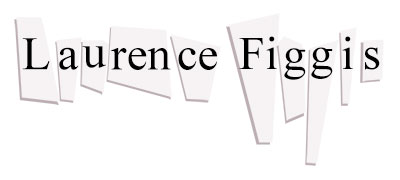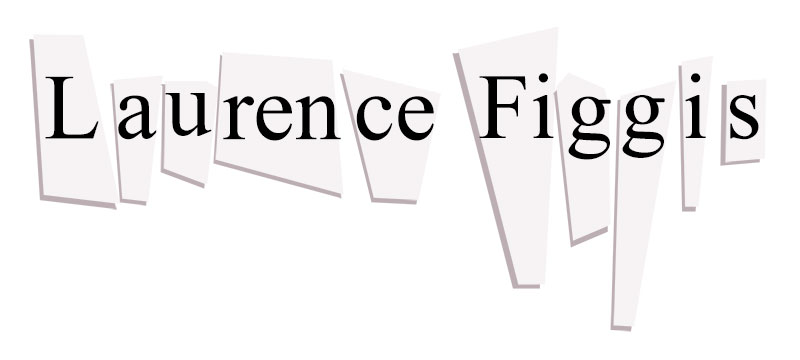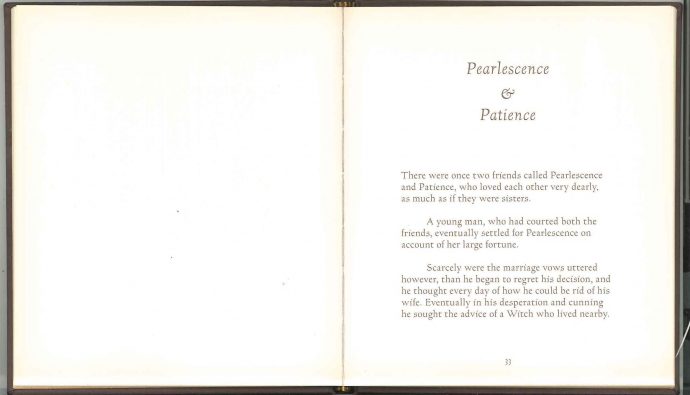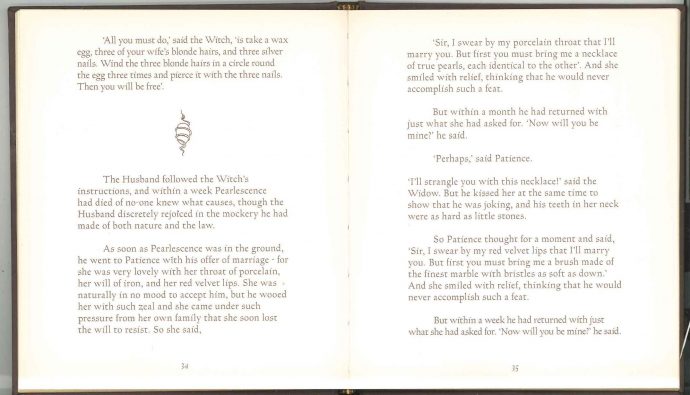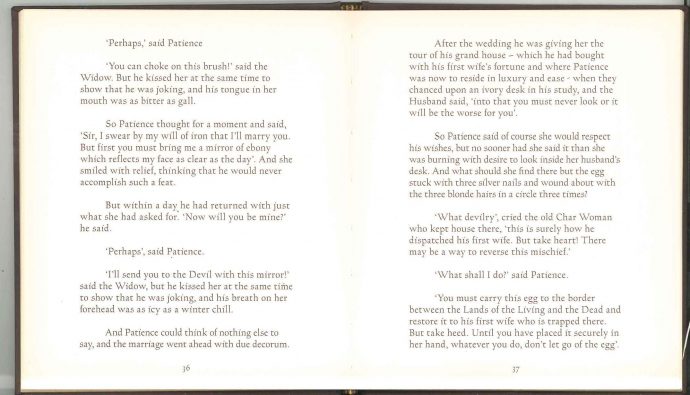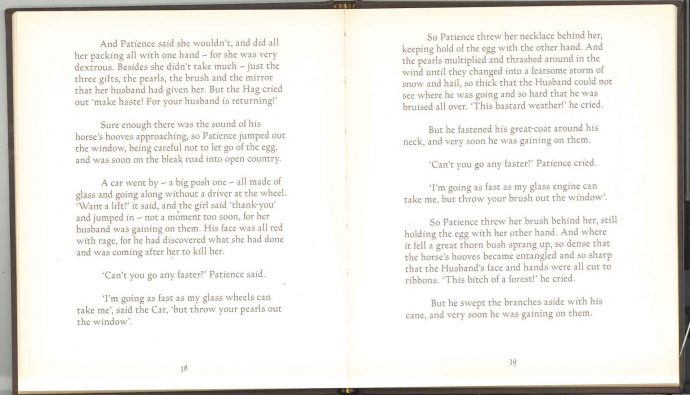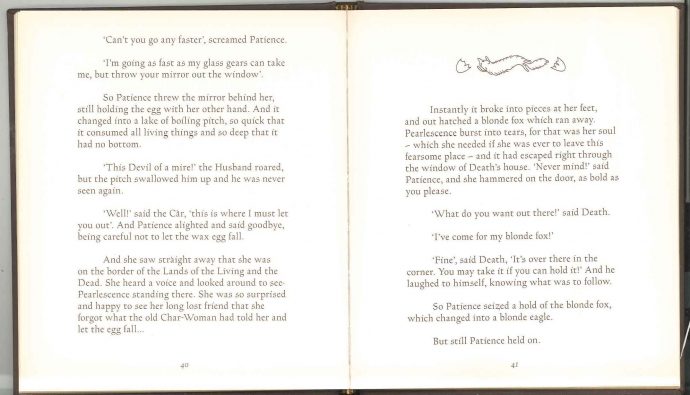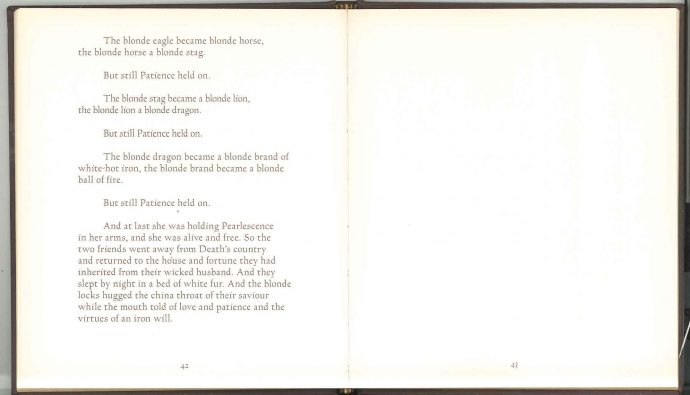May 26
2010Contemporary Visual Art, Fairy Tales, Lorna Macintyre, Writing as Creative Practice, Writing for Other Artists, Zoe Williams
Pearlescence and Patience: some thoughts on writing for ‘The Flight of O’
I’ll start by introducing the background of my general approach to art-writing, prior to addressing how I dealt with the specific challenge of writing about Zoe Williams’ work. I came to creative and fictional writing from a background of writing criticism, and to critical writing from a background of making visual art, which I continue to do alongside my literary practice. I’m an unusual example of a visual artist who doesn’t mind writing and talking about art. But whilst this is an advantage in some respects it can also be a challenge. The attraction to language in the context of visual art can, because of it’s association with explanation or interpretation, threaten to circumscribe the autonomous development of the visual outside functional or rational parameters. It can be hard to avoid making work that simply illustrates a preconceived idea or theory. One of the ways that I dealt with this conflict in my own practice was to subject language itself to an irrational transformation, drawing inspiration from literary and concrete poetry, as well as dadaist and surrealist experiments with language. This approach has also informed my role as an art-writer when responding to other practices. Read more →
